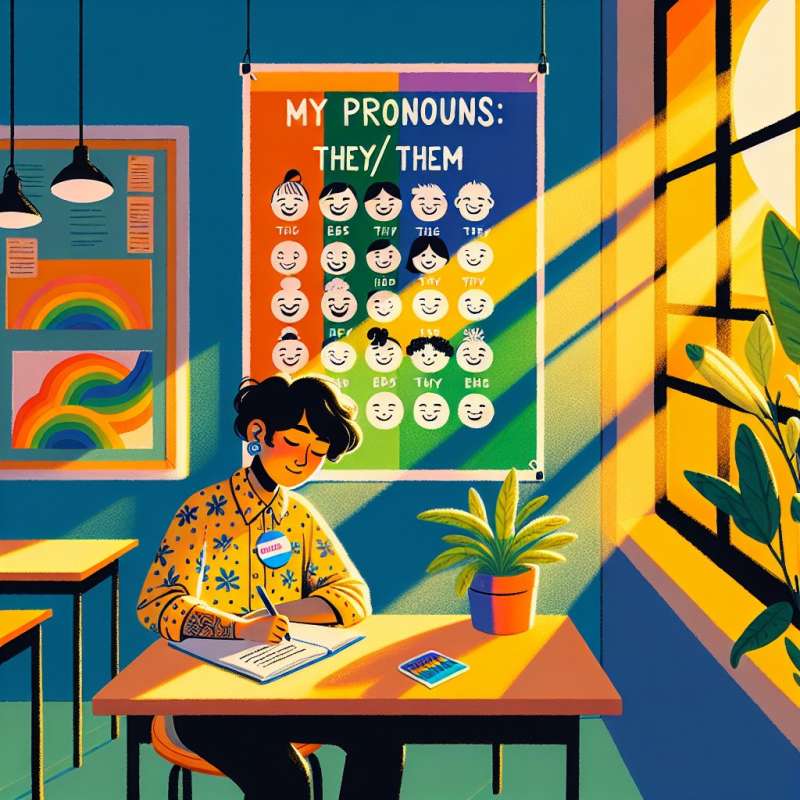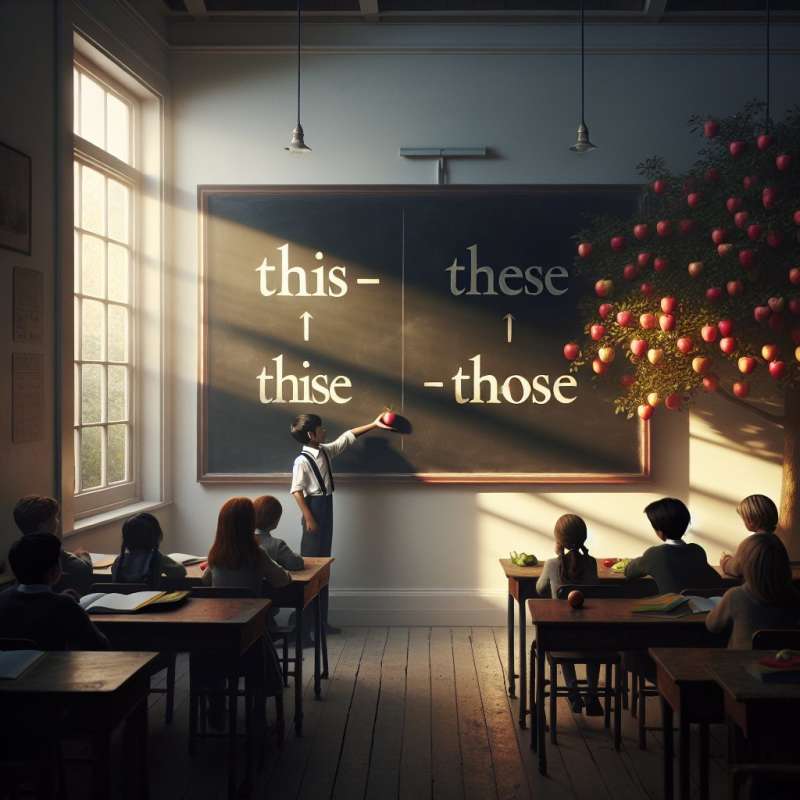
Pronouns: Definition
A pronoun is a word that substitutes for a noun or noun phrase. Pronouns create brevity and avoid repetition. They adapt to the gender, number, and case of the nouns they replace.
Personal Pronouns
Personal pronouns represent specific people or things. We use them depending on the person, number, gender, and case. For example, 'I' is first person singular, while 'we' is first person plural.
Pronouns' Evolving Nature
Pronouns evolve with society. The singular 'they' has gained acceptance for gender neutrality, reflecting the diversity of individuals beyond the traditional male/female binary.
Possessive Pronouns
Possessive pronouns indicate ownership without following a noun. 'Yours,' 'theirs,' 'ours' are standalone possessive pronouns, distinct from possessive adjectives like 'your,' 'their,' 'our,' which do modify nouns.
Relative Pronouns
Relative pronouns like 'who,' 'whom,' 'whose,' 'which,' and 'that' link clauses together. 'Who' and 'whom' refer to people, while 'which' and 'that' refer to things and sometimes to animals.
Demonstrative Pronouns
Demonstrative pronouns identify specific items. 'This' and 'these' refer to items close to the speaker. 'That' and 'those' refer to items farther away. Context determines their singular or plural use.
Indefinite Pronouns
Indefinite pronouns refer to nonspecific items or people. Words like 'someone,' 'anything,' 'each,' and 'few' are indefinite. They can pose challenges in agreement with verbs and possessive adjectives.Pronoun Paradox
In Finnish, the pronoun 'hän' is used for both 'he' and 'she,' simplifying gender-neutral language naturally.
What do pronouns generally replace?
Verbs or adverbs
Nouns or noun phrases
Adjectives or articles
Company